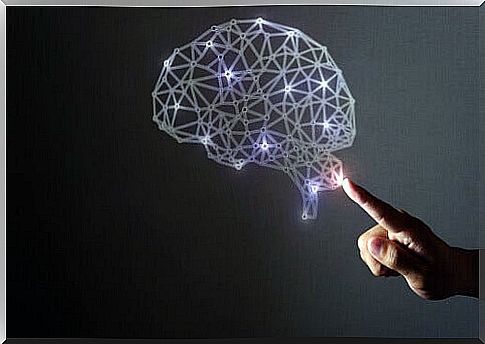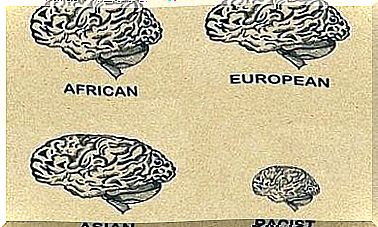Neurohappiness: The Science Of Happiness?

Neurohappiness. Just read the term and curiosity is born, just as a child does when we perform a magic trick. Suddenly, we notice that the word happiness does not appear alone, designating that intangible emotional state. No. Here happiness is a state linked to our body : “neuro” is a prefix that refers to our nervous system.
Emotions – including happiness – depend on the activity of our brain and are essential for an individual’s survival. They are characterized by having two different aspects: they produce a subjective sensation, and are usually accompanied by an external, behavioral manifestation. In this way, happiness manifests itself as inner well-being, but it is also externalized, creating forms of expression of that well-being that normally provide feedback.
happiness and nervous system
Usually, when we try to define and explain happiness, we relate it to our emotional universe, with the satisfaction or dissatisfaction related to a desire, a fulfilled dream. This emotion presents itself on a metaphysical plane. It’s not something that can be touched, put away in the closet so we can pick up every morning. It is variable, uncontrollable and, in most cases, linked to an external experience.

We are not, however, aware that this emotion does not properly originate in external experience. It is actually the by-product of a chemical process that takes place in our nervous system. It has its place in our body. We are producers of happiness. It does not appear by chance, as a divine consequence. It is a chemical reaction in response to an experience and in accordance with our conception of reality.
The chemicals of happiness
Perhaps you are wondering what a chemical reaction is and how our conception of reality plays a central role in our happiness. The answer to these two questions is simple. On the one hand, we have the happiness hormones: endorphins, serotonin, dopamine and oxytocin. We speak of a chemical reaction when these hormones work in our nervous system associated with positive feelings: love, pleasure, blocking pain, etc.
On the other hand, we have our conception of reality. This is a psychosocial construction that was formed since childhood, determined by our first experiences and that defines our future. It will influence our relationship with each experience and, as a consequence, it will also influence our biological production of happiness.
Theorizing and building lasting well-being
Talking about neurohappiness is talking about being able to create well-being. This means that after establishing real foundations for understanding happiness, we can create strategies that allow us to be happy. It’s possible to build happiness that doesn’t depend on an experience, and to do that we just need to transform our brain chemistry and our perception of reality.

In other words, we can start to see the glass half full instead of the glass half empty. And this shift in our mindset will transform our brain’s ability to produce the chemicals associated with well-being, creating an inertia from a source that remains.
Neurohappiness, a new concept to be happy
This new perspective on happiness empowers us in the process of achieving lasting well-being. That is, we know that happiness is within our reach simply through our efforts, it is something we can have and can keep, turning it into a tangible reality.
There are methods and exercises that allow us to generate these hormones, awakening brain circuits that are activated in moments of well-being. The key is being able to activate these circuits voluntarily. That way we can be our own happiness makers.
Is Neurohappiness the Science of Happiness?
We can answer that question with a resounding “Yes!” There is an inseparable relationship between our positive emotions and our nervous system. That is, we can explain and theorize about happiness just talking about our brain chemistry.

Furthermore, this conception gives a new meaning to happiness. From it, we see that happiness does not depend on how much money we have in the bank, or how many successes we have achieved. It really depends on the conditioning of a process on the biological plane of our body. This process is influenced by the way in which we perceive reality, and in turn it also conditions the way we see it. In this sense, happiness is a path we can choose.








